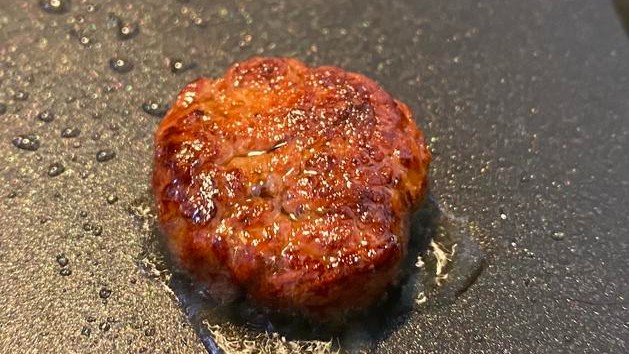Scientists are harnessing the power of fungi to create innovative, cruelty-free food products that are both healthy for consumers and environmentally friendly. By modifying the genes already present in fungi, researchers are unlocking new possibilities for flavors and textures that could revolutionize the food industry.
Vayu Hill-Maini, a chef-turned-bioengineer and affiliate at Lawrence Berkeley National Laboratory, is exploring the potential of fungi to produce a wide range of tasty and nutritious proteins, fats, antioxidants, and flavor molecules. “I think it’s a fundamental aspect of synthetic biology that we’re benefiting from organisms that have evolved to be really good at certain things,” said Hill-Maini. “What we’re trying to do is to look at what is the fungus making and try to kind of unlock and enhance it.”
In a recent study published in Nature Communications, Hill-Maini and colleagues used CRISPR-Cas9 to develop a gene editing system for Aspergillus oryzae, a multicellular fungus also known as koji mold, which has been used in East Asia for centuries to ferment starches into sake, soy sauce, and miso. The team focused on boosting the mold’s production of heme, an iron-based molecule that gives meat its color and distinctive flavor, and ergothioneine, an antioxidant only found in fungi that is associated with cardiovascular health benefits. The modified fungi grew red and could be shaped into a patty and fried into a tempting-looking burger.
The team’s gene editing toolkit is a significant advancement for the field of synthetic biology, as it lays the foundation for easily editing koji mold and its many relatives. Jay Keasling, a senior scientist at Berkeley Lab and a professor at UC Berkeley, emphasized the potential of this breakthrough, stating, “By unlocking koji mold through the development of these tools, we are unlocking the potential of a huge new group of hosts that we can use to make foods, valuable chemicals, energy-dense biofuels, and medicines. It’s a thrilling new avenue for biomanufacturing.”
Hill-Maini’s culinary background drives him to ensure that the next generation of fungi-based products are not only palatable but truly desirable to customers, including those with sophisticated tastes. In a separate study, he collaborated with chefs at Alchemist, a two-Michelin-starred restaurant in Copenhagen, to explore the culinary potential of another multicellular fungus, Neurospora intermedia, showcasing the opportunity to bridge the laboratory and the kitchen.
#FungiFoods #SustainableEating #BiotechInnovation #FoodRevolution
If our reporting has informed or inspired you, please consider making a donation. Every contribution, no matter the size, empowers us to continue delivering accurate, engaging, and trustworthy science and medical news. Independent journalism requires time, effort, and resources—your support ensures we can keep uncovering the stories that matter most to you.
Join us in making knowledge accessible and impactful. Thank you for standing with us!

